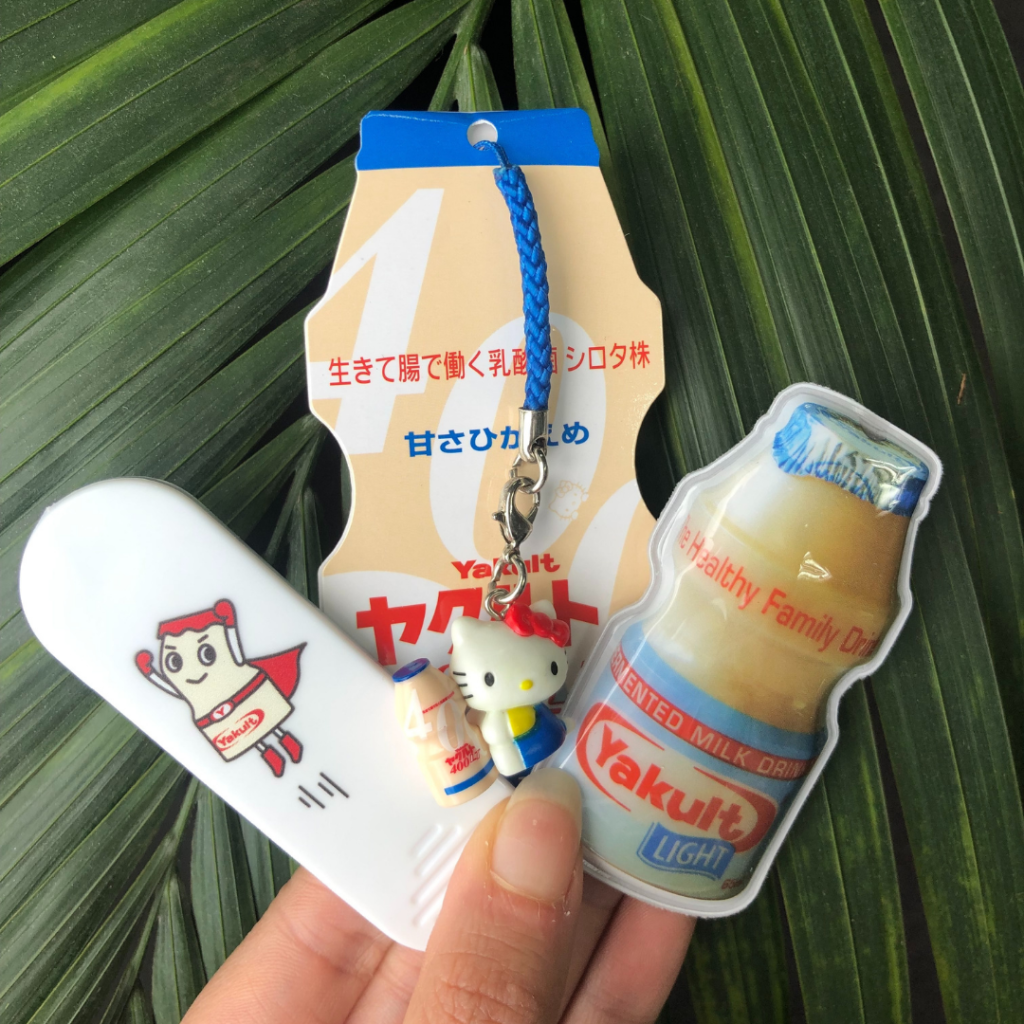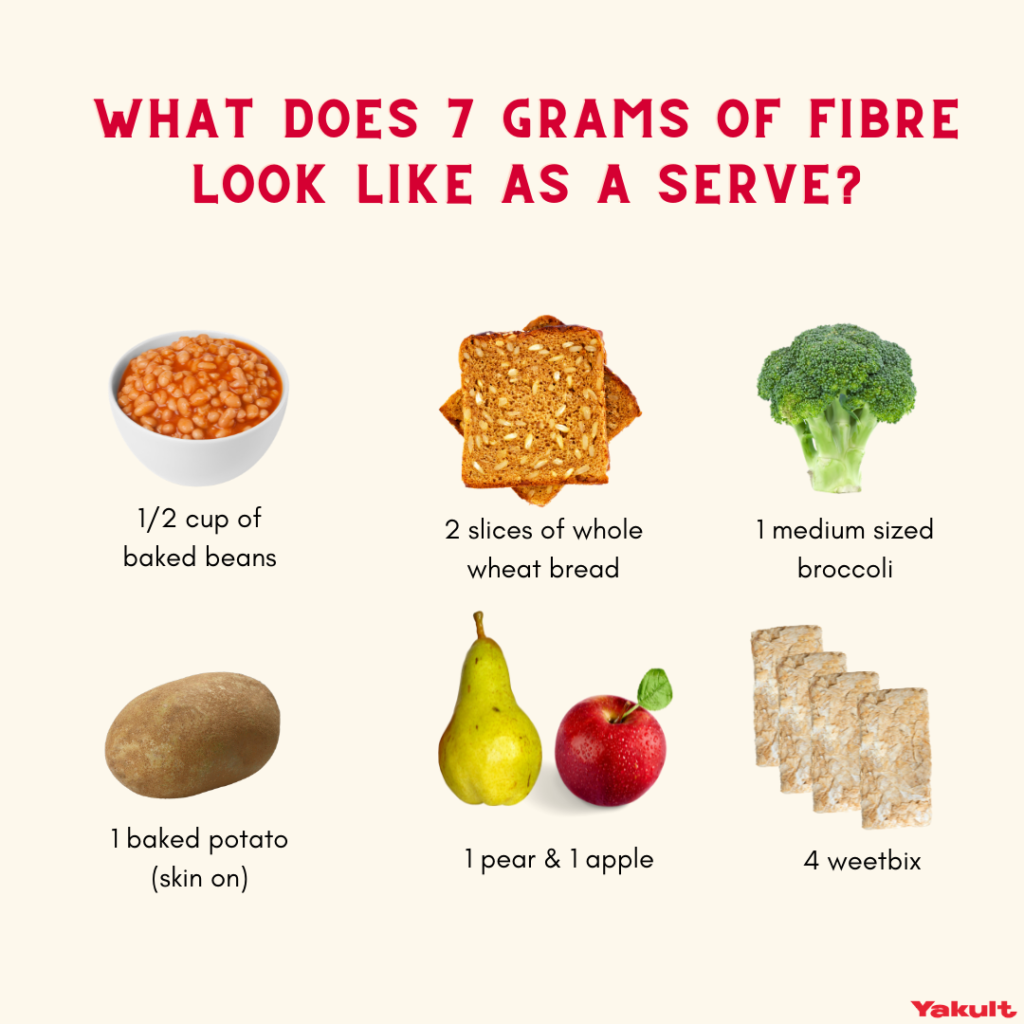Yakult and Essendon Extend Partnership

Yakult’s long-standing commitment to the Essendon Football Club will continue into its 20th year with a three-year extension announced today. Proudly, Yakult is the Bombers’ longest-serving commercial partner. The extension will see the Yakult continue as the training ball and interchange bench sponsor, the official partner of the prestigious Crichton Medal, and the annual Challenge […]
2021 Recap

With the start of the festive season upon us, there is no better time to reflect on the year we have had. It is fair to say that this year has been an eventful one. Here at Yakult Australia, this is a recap our favourite memories in 2021: Ian Thorpe Yakult Commercial Filming School Holiday […]
Lactose Intolerance

Not sure if you have ever had such experience: whenever you drink milk, your stomach gurgles and even aches. In severe cases diarrhea is unbearable. If you have experienced all these symptoms, you are likely to be one of those with lactose intolerance. Milk has been in Australian families for decades. Now it has become […]
Yakult’s Mid-Week Nutrition Check In

In October we launched our new ‘Mid-week Nutrition Check In’ series. This series will explore all things gut health and nutrition. Want to learn more about nutrition and your gut on the go? These short informative clips are just the thing! This month we focused on frequently asked questions related to children’s toileting. Looking at […]
Yakult Australia March Social Media Giveaway

Social Media Giveaway Time!!! In March check out our Facebook and Instagram page to enter, comment and tag a friend to go into the lucky draw to our limited release giveaway. The limited-edition giveaway pack up for grabs includes a Yakult Man Phone Slider, a Yakult x Hello Kitty limited edition phone charm and a […]
Only a Call Away…

Although the ‘unprecedented times’ of 2020 seem to have turned into the ‘precedented times’ of 2021, we all continue to grow and adapt to what this pandemic has thrown at us. Whilst it is crucial for us to be physically distanced, we have spent the last 18 months learning how to keep our social connections […]
Yakult x National Science Week 2021

In conjunction with National Science Week, running from 14th to the 22nd of August, Yakult Australia is offering some educational programs during the month of August to celebrate the theme Food: Different by Design. Yakult Onsite Factory Tour (School Groups only) – Science These sessions focus on Science and Lab Skills. Students will be able […]
School Holiday Program Review 2021

Every school holiday Yakult offers a program that attracts hundreds of visitors to explore our entire production process. Not only do people come from far and wide to see the intricate details of our factory but they also get to learn about the digestive system and healthy eating. This free program enables primary school age […]
Why We Need More Fibre

Most of the population do not consume enough fibre. The Heart Foundation recommends adults should aim to consume approximately 25g-30 g/day. This might seem high but the average amount of fibre an Australian consumes daily is 20.7 grams (this equates to ½ cup of oats, 1 apple and 2 carrots). So how exactly do we […]
Probiotics and Fermented Foods, Are They the Same Thing?

New advancements in research are always taking place in the food industry, it can be tricky to keep up to date with the latest findings. Probiotics and fermented foods have been popular in the media lately, although they are not the same the difference between them is unknown to many. What are probiotics? Probiotics are […]